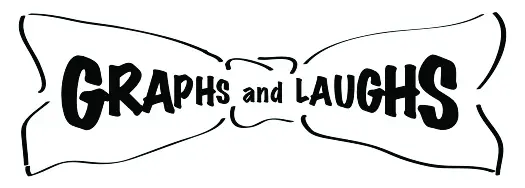Posts Tagged ‘housing economics’
Scary Savings
The latest economic treat, the budget deficit fell to just 4.1% of GDP in 2013, the lowest level since 2008. Revenues were 16.7% of GDP, while expenditures were 20.8%. Rising revenues accounted for 79% of the deficit decline in 2013. The trick will be getting the annual deficit below 2.5% of GDP. As long as…
Read MoreFed Faces
In addition to nominating Janet Yellen to be Chairwoman of the Fed, President Obama will soon nominate three, and possibly four, new people to soon-to-be vacant slots on the seven-member Federal Reserve Board of Governors, all of whom vote on interest rate matters. Among the nominees, expect at least one Republican, one woman, and one…
Read MoreQuantitative Easing
QE is not “printing money” as it does not increase the amount of money in circulation. Handing out $100 bills would be printing money. By purchasing Treasuries and MBS, the Fed raises the price of those securities and thus lowers interest rates. And lower rates can certainly result in an increased desire to borrow. But…
Read MoreJobless Recoveries
In recessions between 1950 and 1982, GDP always fell by more than employment, and as a result productivity per worker declined. Starting with the 1990-91 recession, things reversed. In that recession, GDP declined 1.2% yet employment fell by 1.7%. In the 2001 recession, GDP fell by 0.3% while employment fell by 1.2%, and in the…
Read MoreHorsing Around
The Friday File: The highest-priced stallion syndication was for Fusaichi Pegasus at a reported $60 million in 2000, while the record stud fee remains $500,000 for Northern Dancer in the mid-1980’s. The most paid for a thoroughbred at auction was $16 million in 2006 for two year-old The Green Monkey (who retired from racing after…
Read MoreWeak Work
The 148,000 new jobs reported in the delayed September employment report are profoundly disappointing. New jobs have now averaged 143,000 this past quarter, 182,000 in Q2 and 207,000 in Q1. At the current rate, it will take until September 2014, or 68 months, to bring the total employment level back to where it was in…
Read MoreNobel Winners
In an odd choice, the Royal Swedish Academy awarded the Nobel Prize in economics to Eugene Fama, whose life’s work shows that markets are rational in the short run, to Robert Shiller, who says that markets are often irrational over long periods, and to Peter Hansen, who developed a statistical approach to study asset prices,…
Read MoreDebt Default
If the US defaults, short-term Treasuries, the most traded and liquid securities in the world and which often act as collateral for loans to banks and central banks, would lose their cash equivalence. This would immediately boost interest rates demanded by lenders while some lenders would refuse such collateral outright. Worse, as short-term funding is…
Read MoreSudsy Sales
The Friday File: The economy is improving! Beer volume rose 1.2% in 2012, to 2.8 billion cases – that’s 210 beers/person, pushing revenues up 3.5% to $62.3 billion. This largely makes up for the 1.3% decline in beer volume in 2011. Super-premium, domestic craft and imports are fermenting heady sales, while mainstream domestics are losing…
Read MoreWomen’s Work
Full-time working women earned 76.5 cents for every dollar earned by men in 2012, virtually unchanged from 2011. Interestingly, pay gaps are narrowing for all but the youngest. Women 25 to 44 earned 80 cents, up from 74 cents in 1993. Similarly women 45 to 64 earned 73 cents up from 61 cents in 1993.…
Read More